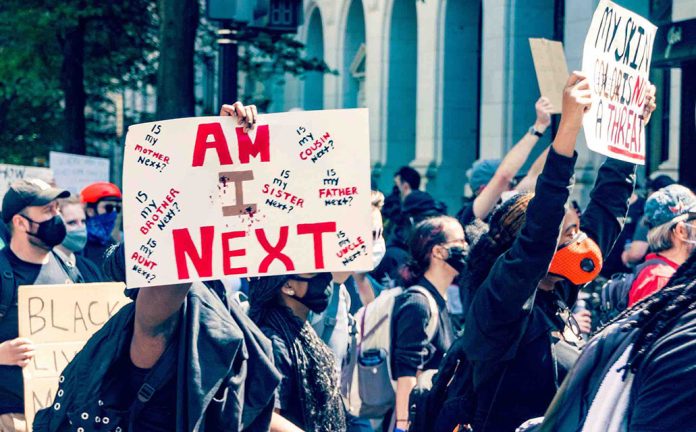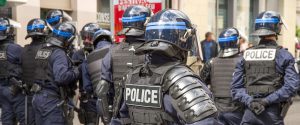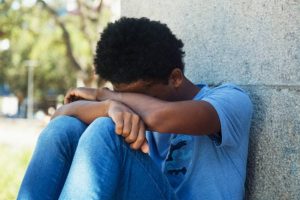On December 5, 2020, U.S. Army lieutenant Caron Nazario was pulled over by two police officers in Windsor, Virginia for driving without a rear license plate. A video of the encounter, recorded on one of the police officer’s body cameras, shows them using pepper spray and threatening deadly force against Nazario, who is Black and Latino.
Nazario has since filed a lawsuit against both officers, Joe Gutierrez and Daniel Crocker, alleging excessive force, false imprisonment, and civil rights violations. On February 2, 2021, Gutierrez and Crocker were charged with assault and battery by a law enforcement officer, a Class 6 felony in the state of Virginia.
On February 5, 2023, a jury found Gutierrez guilty of one count of assault and battery, while Crocker was acquitted of all charges. The verdict has received widespread attention and condemnation. It has fueled discussions about police accountability and law enforcement’s use of excessive force.
Caron Nazario has also been vocal regarding the harassment and discrimination he has faced from this case. In a recent interview, he revealed that he has gotten death threats and hate messages, and has been stopped by law enforcement multiple times since the incident in December 2020.
The verdict in the case of Caron Nazario serves as a reminder of the ongoing struggles for justice and equality that people of color face in the United States. It highlights the importance of holding law enforcement accountable for their actions and ensuring that everyone, regardless of race or ethnicity, is treated with dignity and respect.
This case also serves as a call to action for law enforcement agencies to re-examine their policies in order to ensure that they are in line with the principles of fairness, justice, and respect for all people. It is a reminder that everyone has the right to be free from unreasonable searches and seizures, and that police officers must be held to the highest standards of professional conduct.
PTSD From Police Encounters And Videos
Post-Traumatic Stress Disorder (PTSD) is a mental health condition that can develop after exposure to a traumatic event, such as a natural disaster, combat, or a life-threatening situation. Research has shown that police encounters can also be a source of trauma and can lead to the development of PTSD.
Videos of police encounters, particularly those in Nazario’s case that involves the use of excessive force or violence, have become increasingly common in recent years. These videos can be traumatic to watch and trigger PTSD symptoms in individuals who have experienced similar events or have a history of trauma.
For many people of color, who are disproportionately affected by police brutality, these videos serve as a constant reminder of the systemic racism and discrimination they face. Repeated exposure to these types of traumatic events can lead to the development of chronic PTSD, which can have a significant impact on an individual’s mental and physical health.
In addition to causing PTSD, police encounters can also trigger anxiety, depression, and other mental health conditions. This can lead to a range of negative outcomes, including increased substance abuse, homelessness, and suicide.
To address the impact of police encounters on mental health, it is important to provide resources and support to individuals who have been traumatized by these events. This can include access to mental health care, counseling services, and support groups. It is also important to raise awareness about the impact of police encounters on mental health and to advocate for policies and practices that prioritize the well-being of all individuals, regardless of their race or ethnicity.
The case of Caron Nazario sheds light on the ongoing struggles for equality and fair treatment for people of color, and also underscores the effect it can have on mental health. Until justice and equality becomes commonplace, mental health care has to be.







